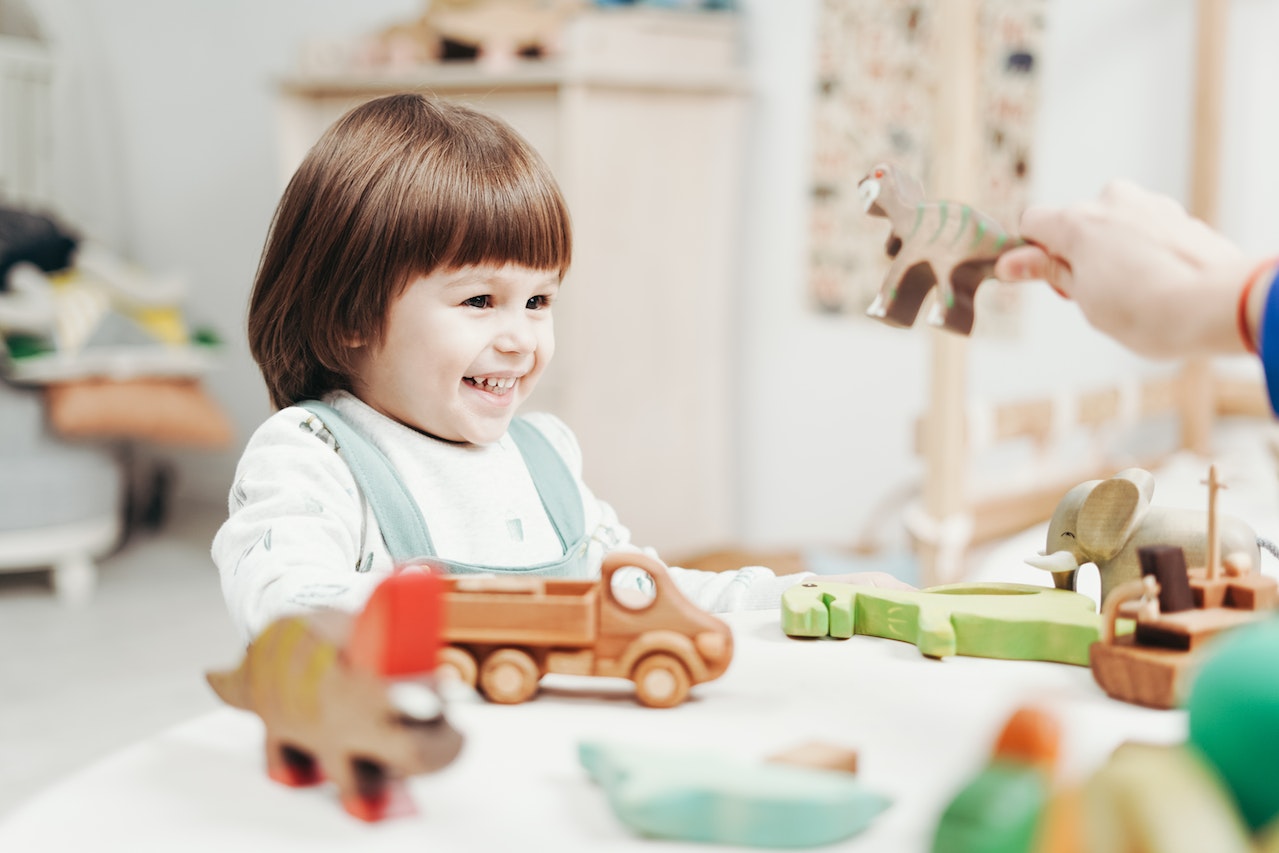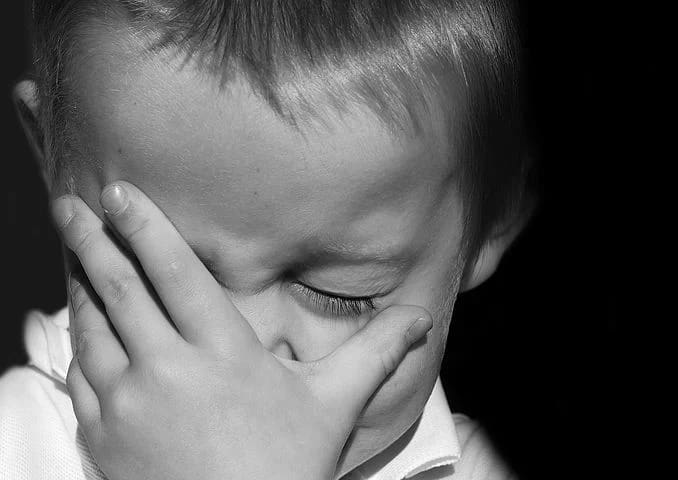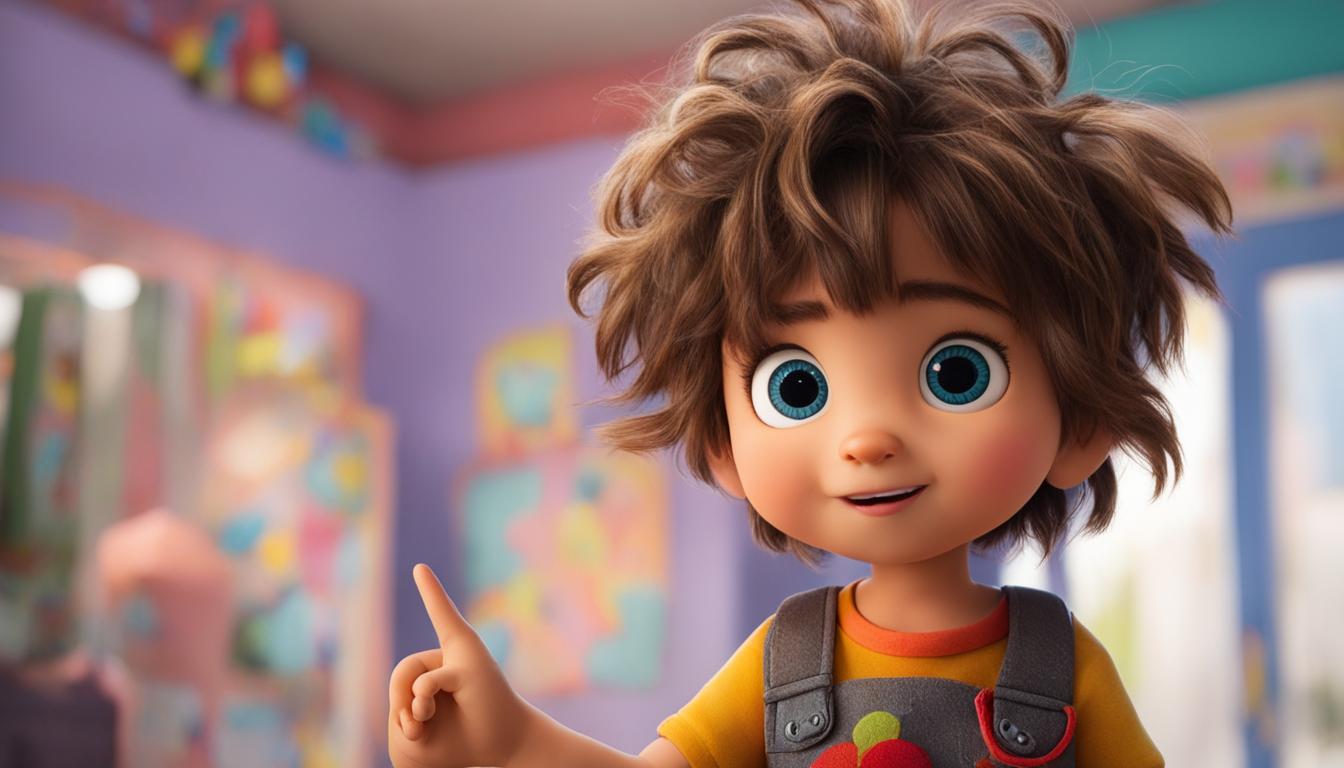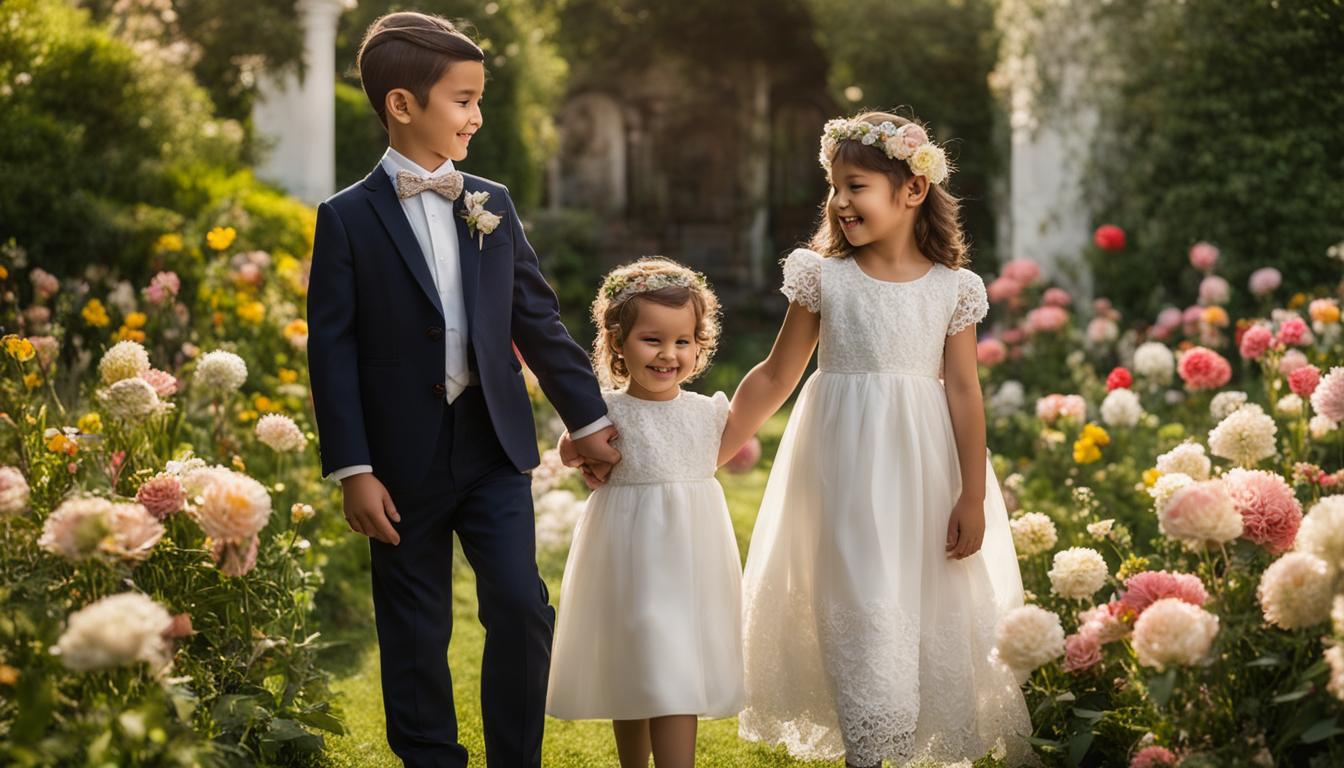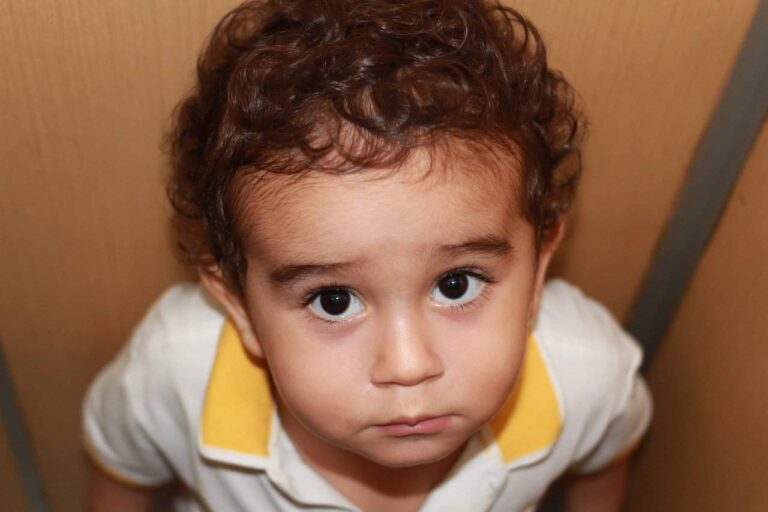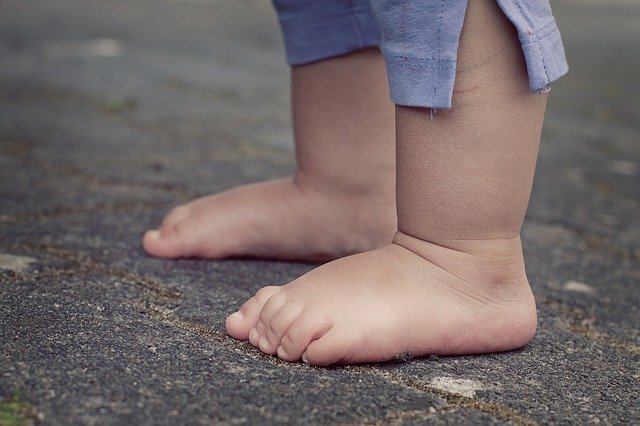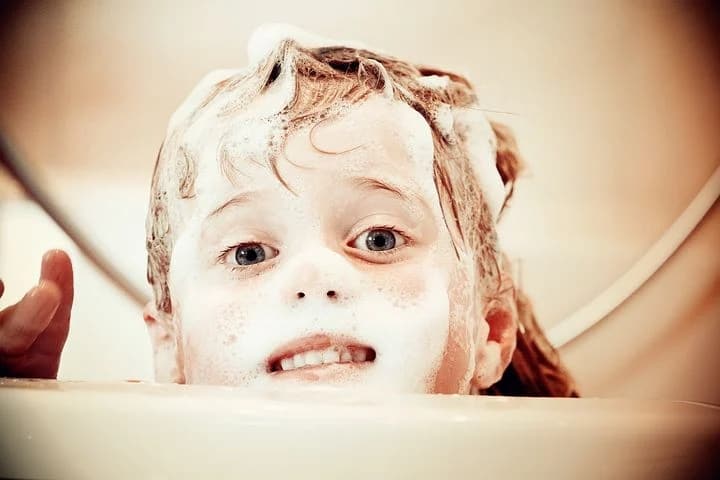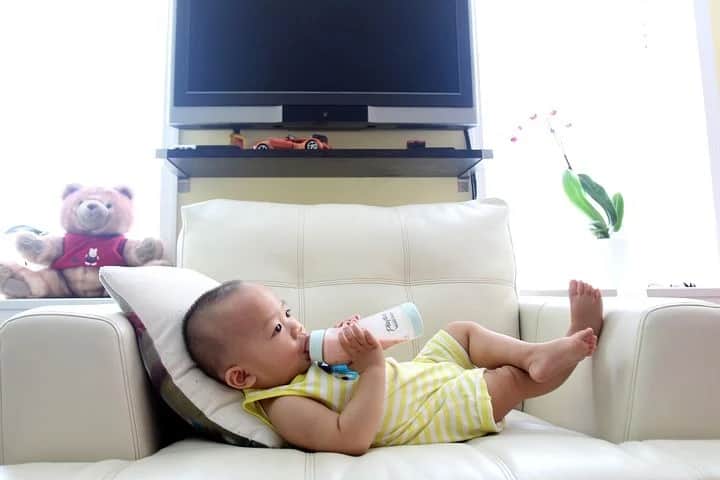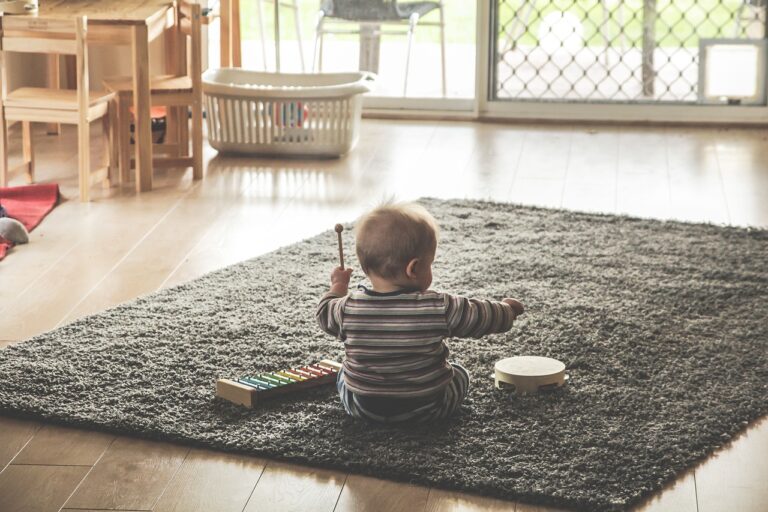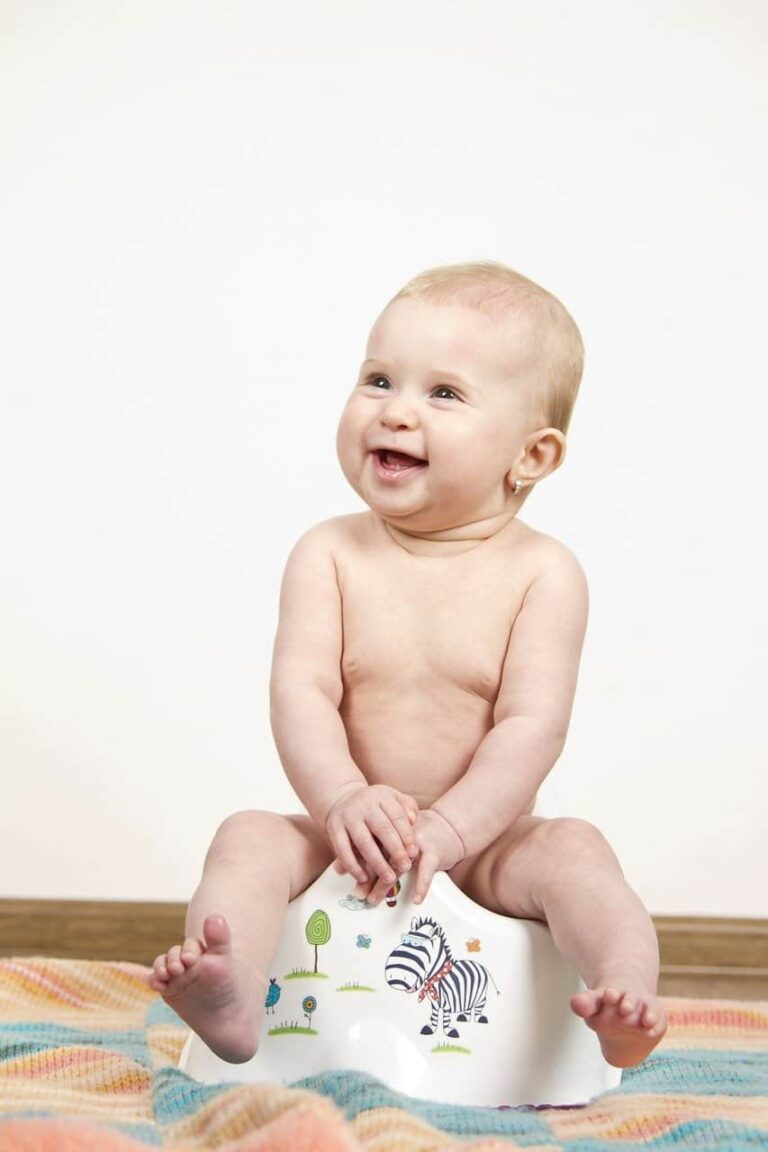Aging Up: When Does Toddlerhood End and Preschool Begin?
Time flies when raising children. One minute, your little kid is babbling, sucking their thumb, and drinking breast milk. And suddenly, they can walk, talk, and do simple tasks.
Toddlerhood can be one of the most chaotic times for many parents. But it is also one of the most rewarding. You will see many rapid changes in your baby, from how they will follow your requests to how they will talk, talk, and talk even more.
Unlike their baby stage, your child will stay as a toddler for quite some time. But how long will toddlerhood last, and when will they transition into preschoolers?
When Does Toddlerhood End?
Toddlerhood starts when your baby has their first birthday. The end of toddlerhood varies from source to source. But Dina DiMaggio, MD, a pediatrician and spokesperson for the American Academy of Pediatrics, says the general age consideration for a toddler is 1 to 3 years old.
The word ‘toddler’ comes from the verb ‘toddle.’ It is when someone moves in an uncoordinated fashion because they are still learning how to walk. But walking in zigzags is not the only thing toddlers know to do.
What Milestones Should My Toddler Develop Before Reaching Preschool Age?
When transitioning from infanthood into toddlerhood, your child learns to say simple words, such as ‘mama,’ ‘papa,’ and their favorite: ‘no!’
Toddlers are also more independent than babies and can do simple tasks like buckling their shoes, picking their clothes, or eating snacks. They can also tell which color is which, give names to objects, and count to a certain extent.
By the end of toddlerhood, most toddlers are well aware of their surroundings and are capable of moving and talking. They are more social and will look for playdates with peers. And most important of all, you get to see who they are and what their personality is like.
When Does Preschool Begin?
Early childhood is another big transition for a child and parent. Preschool starts at 3 to 5 years old (although some may also put the bracket at 4 to 5). During this stage, your child becomes more curious about their environment. It is the perfect time for them to meet new friends and experience a world outside their family’s home.
What Milestones are Expected for a Preschooler?
At this stage, your child’s vocabulary has increased beyond just saying no to everything mom and dad offered. Preschoolers can understand instructions with more than 2 steps and comprehend visual and verbal cues. Short conversations should also be no problem.
Unlike toddlers, preschoolers have better motor skills and can walk, run, and pedal a tricycle with little to no support.
Preschoolers are also more cognitively and socially capable than when they were toddlers. In early childhood, your kid should be able to play with toys with moving parts and simple puzzles. Preschoolers are also known for copying their parents and the people around them. They can also show affection and a range of emotions.
Parenting Tips for Raising Preschoolers
Preschoolers are smart enough to understand simple tasks and their consequences. However, they still need the guidance and help of parents, especially in difficult situations.
Food and Exercise
There are a lot of benefits to keeping a healthy body, so it is best to teach this to your kid while they are still young. As parents, it is your duty to watch over their health and well-being.
Preschoolers only need 1200 to 2000 calories a day. Ditch the sugary snacks and fast food and focus on giving them a balanced diet with healthy meals. One handy tip is to chop and prepare food in bite-size pieces. Smaller portions will not intimidate your kid and can push them to try new things.
Don’t let them skip exercise too. Give them around one hour of physical activity and play time without gadgets. If you can, you should definitely play with them too!
Sleep
Sleep provides your kid all the fuel they will need for an active day. The recommended sleep time for preschoolers is between 10 to 13 hours every night. Naps and quiet times can also keep them from becoming cranky and give them a boost in energy to get through the day.
Safety
As your child experiences the outside world, you should never let them play without supervision. Keep your child out of traffic’s way, especially if they are riding their tricycle. You may also want to watch out for common injury traps, such as faulty playground equipment, pools, and cars.
Behavior and Socialization
Children become more independent when they are passed 3 years old. They want to make their own choices, such as what they wear and what they want to have for snacks. They will also want to spend more time with other people besides their parents.
Encourage that ability to make a choice in your kid. Let them choose what they want to play, dress, or eat. Let them also solve simple problems like puzzles and riddles.
With friends, teach your child how to be kind through words and actions. Tell them it is right to share and take turns. Let your child be on their own during playtime but maintain a watchful eye from a safe distance.
Most importantly, never let your child near strangers, especially when playing in a public space. While some strangers are well-meaning and kind, you do not know which person has a nefarious intention.
FAQ:
How old should I start bringing my child to nursery school?
There is no right or wrong age to start bringing your child to nursery school. While two-thirds of children start nursery at age 3, others begin earlier (with some as young as 3 months!) This depends on the parent’s situation and their child’s capabilities.
What are the best chores I can give to a preschooler?
Preschoolers can do simple tasks, such as sweeping with a broom, setting the table, putting away clean clothes and toys, helping with cooking, and watering the plants.
What should I do if my kid does not meet a developmental milestone?
While some kids can have short delays, children who miss a crucial developmental milestone should get a check-up from their doctor. Your child’s pediatrician can diagnose the underlying issue and help in the treatment process.

